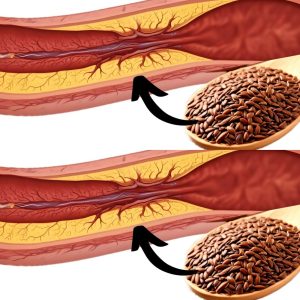Beans: A Diabetic-Friendly Superfood
Beans are a remarkable vegetable, especially beneficial for individuals managing diabetes. With their low glycemic index and a perfect combination of carbohydrates, lean protein, and soluble fiber, beans help control blood sugar levels effectively. As highlighted by Dr. Daniela Stan, a family physician from Călărași, beans play a crucial role in regulating glucose absorption, making them a key component in a diabetes-friendly diet.
The “Sugar Eater” Effect
Often referred to as the “sugar eater,” beans are rich in plant fibers that significantly slow the absorption of sugar and reduce insulin release. This unique quality helps prevent blood sugar spikes, promoting better overall glycemic control. Additionally, beans offer a wide array of essential nutrients that support overall health, making them an all-around excellent food choice for people with diabetes.
Nutrient Powerhouse for Health
Beyond blood sugar regulation, beans provide vital nutrients like vitamin B, potassium, magnesium, and iron. Magnesium, in particular, supports nerve and muscle function, helps regulate blood pressure, and boosts energy metabolism. Iron is essential for transporting oxygen in the blood and promoting cell growth, making beans a valuable addition to any healthy diet.
Versatile and Easy to Incorporate
Beans come in various shapes, sizes, and flavors, making them incredibly versatile. Whether fresh, dried, frozen, or canned, beans can be easily incorporated into meals year-round. From breakfast to dinner, they can be enjoyed in countless recipes. Experts recommend consuming up to 3 cups of beans per week to take full advantage of their numerous health benefits, particularly for those aiming to manage diabetes effectively.





